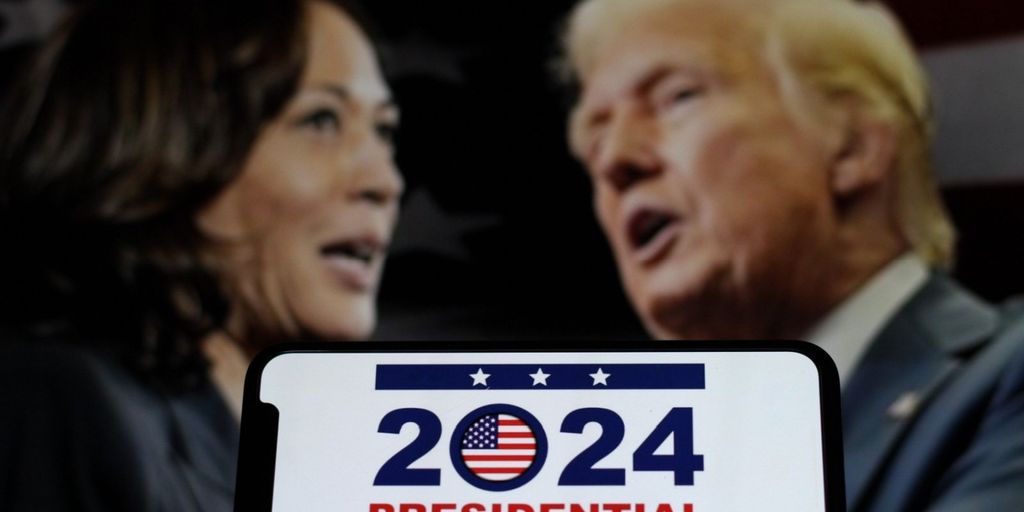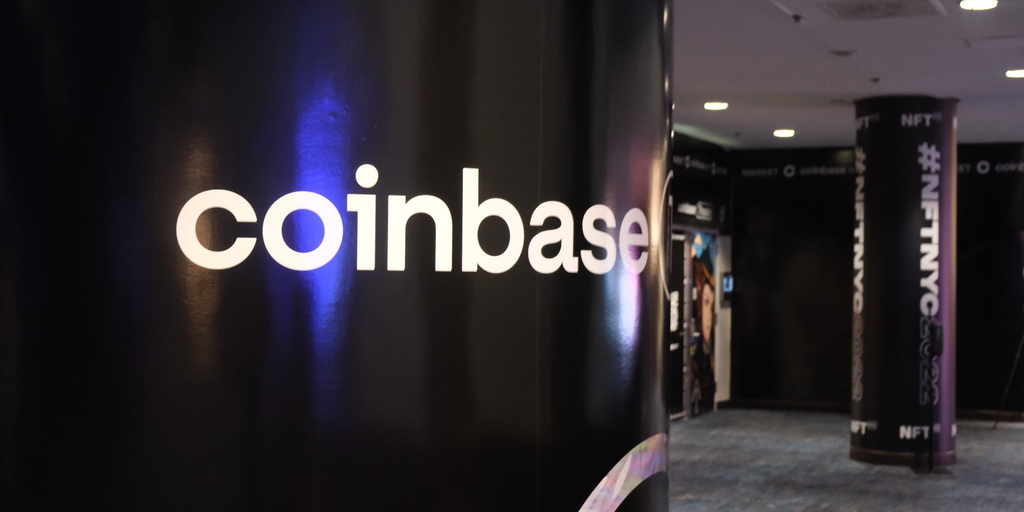Bored Ape Yacht Club creator Yuga Labs is entitled to an injunction and damages from Ryder Ripps and Jeremy Cahen over their copycat RR/BAYC NFT collection, a federal judge declared late Friday in a pre-trial summary judgement in a trademark infringement case filed by the startup last summer.
Yuga Labs described the judgement as a “landmark legal victory for Web3.”
“This isn’t just a win for us, it’s a win for the entire Web3 industry to hold scammers and counterfeiters accountable,” a Yuga Labs spokesperson told Decrypt.
🚨🚨 Breaking: @yugalabs awarded summary judgment against @ryder_ripps, et al for false designation of origin, cybersquatting + against a finding of fair use under First Amendment/Rogers, unclean hands, and knowing misrepresentation. Damn, talk about KO👊https://t.co/nXkzQNtX4h
— Ash Kernen, Esq (@AshKernen) April 22, 2023
Cahen and Ripps described their RR/BAYC project—which includes identical copies of the original Bored Ape Yacht Club profile pictures (PFPs)—as a parody, protected by the first amendment, and called the Yuga Labs lawsuit “frivolous.”
Ripps and others have called out what they believe to be racist symbols and references within the Bored Ape Yacht Club artwork, which Yuga Labs has repeatedly denied. Co-founder Wylie “Gordon Goner” Aronow called Ripps a “demented troll” in a blog post last summer.
“This case is a baseless effort to silence our very real and valid artistic criticisms,” Cahen wrote on Twitter last summer under his pseudonym Pauly. “Trademark law is not a muzzle.”
Yuga Labs, meanwhile said the RR/BAYC project was “scamming” buyers with falsely equivalent NFTs in a “deliberate effort to harm Yuga Labs at the expense of consumers.”
The court ruling included findings both in favor of and against Yuga Labs. The judge agreed that Ripps and Cahen had committed “false designation of origin,” and affirmed Yuga Labs’ position rebutting the defendents’ First Amendment and fair use defenses. The ruling also sided with Yuga Labs over the defendants’ assertions that the company had “unclean hands” and knowingly misrepresented the infringing activity.
However, U.S. District Judge John F. Walter denied Yuga Labs’ motion for “enhanced damages” in what it claimed was an “exceptional case”—largely a technicality based on the company’s intention to have the actual amounts determined in the courtroom.
“Yuga is entitled to monetary damages and injunctive relief,” the court ruled. “Yuga has reserved the issue of damages for trial.”
Trademark and copyright attorney Jessica Neer McDonald described the judge’s ruling as a “big win” for Yuga in a tweet Friday, while law professor (and author of a recent NFT book) Edward Lee similarly called it a “major win.”
The case is being closely watched in both crypto and art circles, with some observers predicting that Yuga Labs’ lawsuit against the known provocateur could backfire. The company saw a few early setbacks, including comments from the judge that it was exhibiting a “lack of diligence” and making claims that were “deficient on the merits.”
Ripps also appeared to be bullish on his chances of prevailing, and hired well-known attorney Louis Tompros, who also represented Pepe the Frog creator Matt Furie in multiple lawsuits against far-right organizations that allegedly co-opted the cartoon frog as a symbol of white supremacy.
In February, however, Yuga Labs reached a settlement in a separate trademark lawsuit against RR/BAYC developer Thomas Lehman, who helped Ripps create a smart contract for the project. A separate lawsuit is still pending against fellow developer Ryan Hickman.
Stay on top of crypto news, get daily updates in your inbox.
Source link













